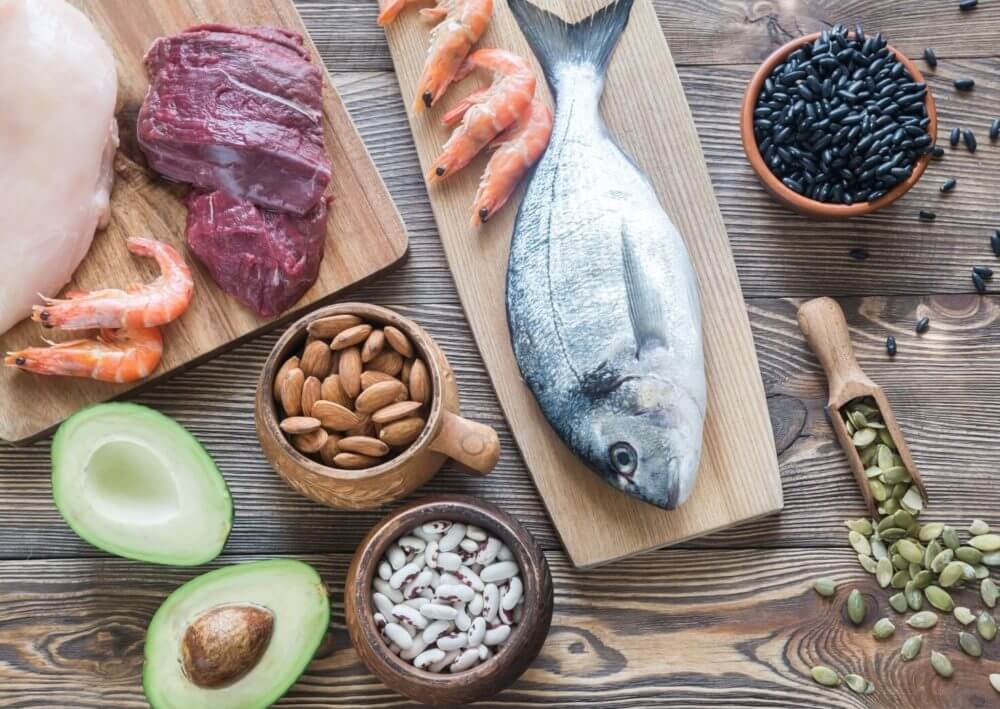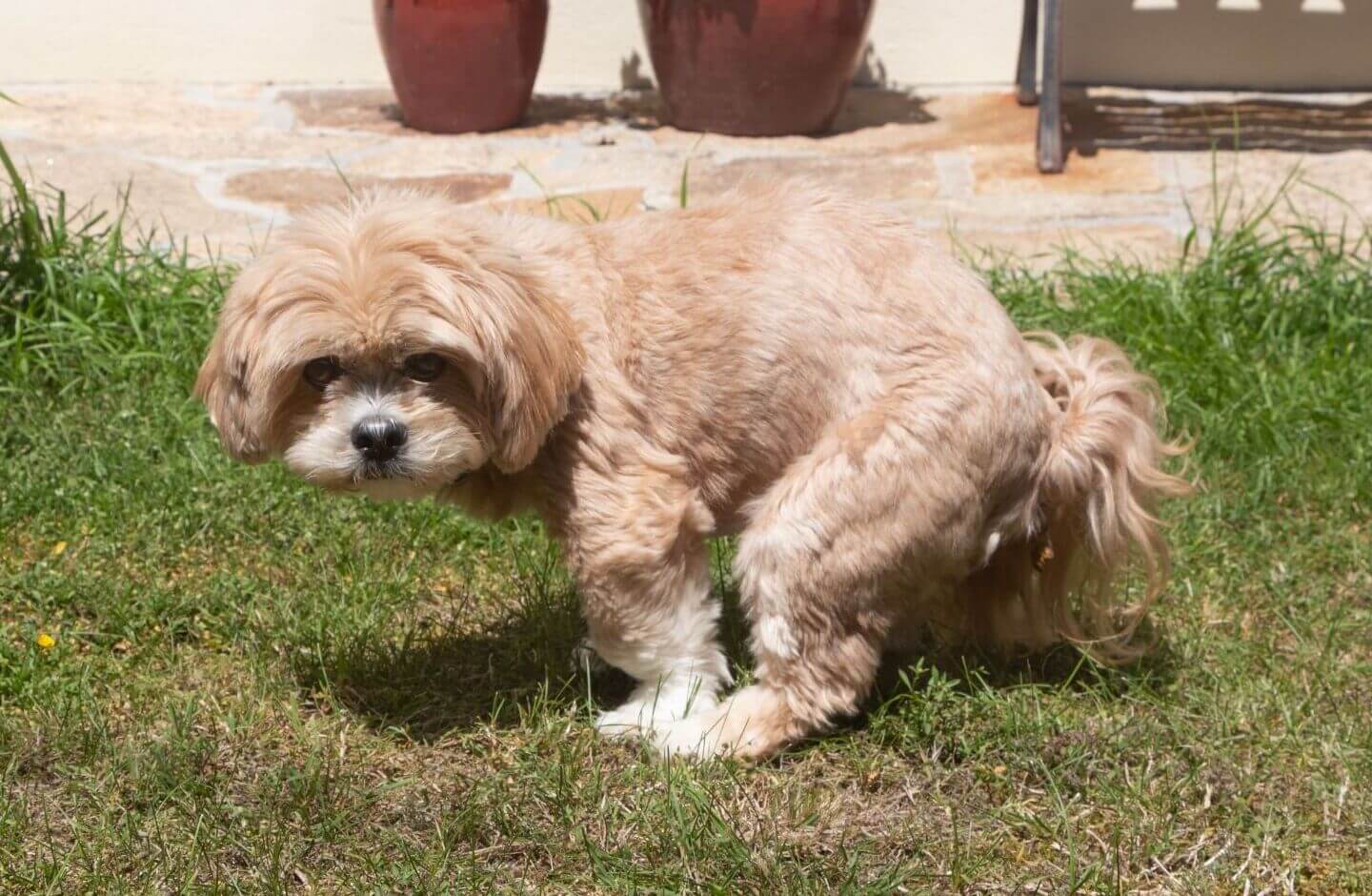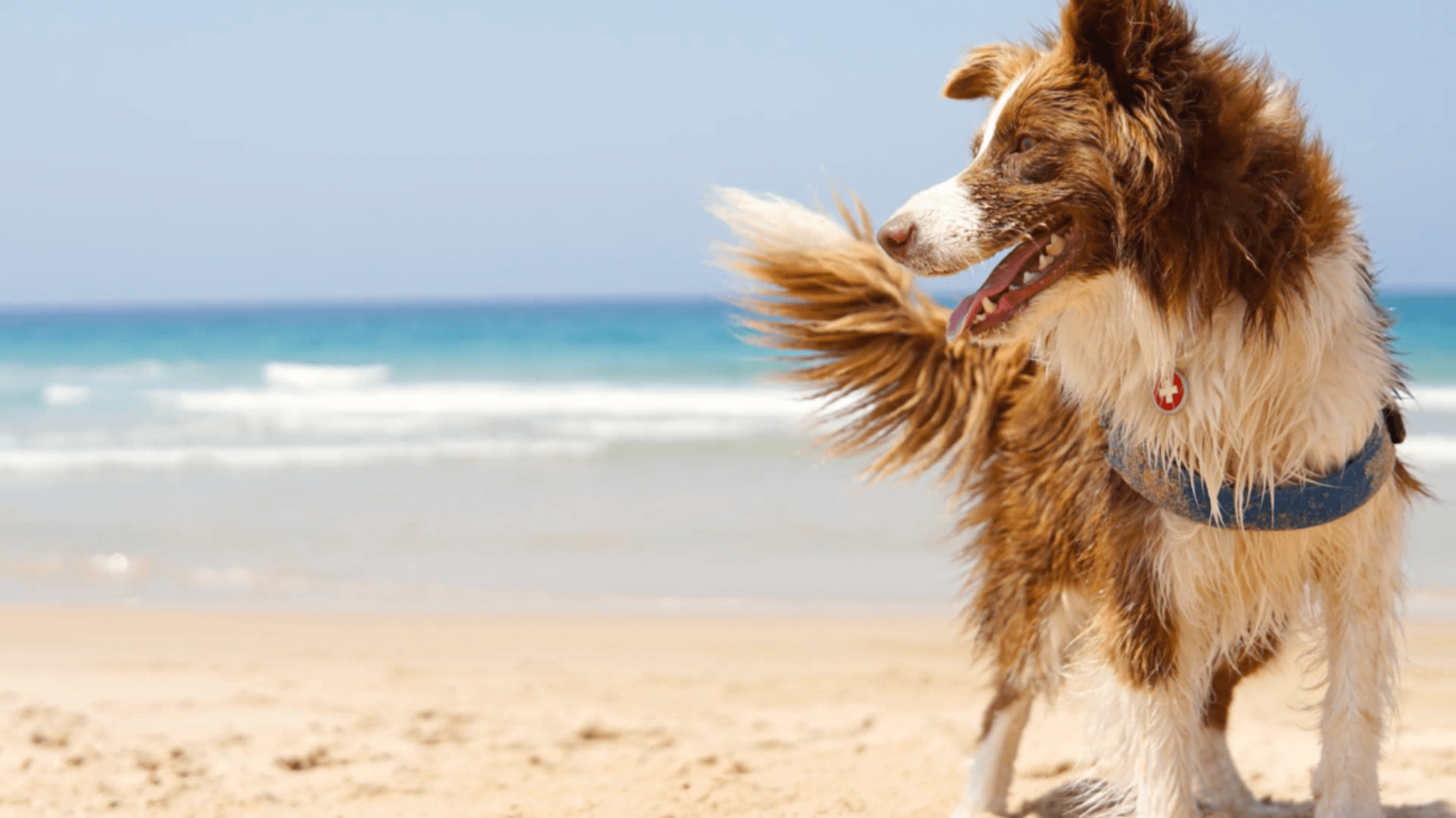We all know zinc is an important nutrient, but do we know how important is it for dogs? Zinc is the second most needed mineral among dogs, and yet, some pet parents don’t know that many commercial foods don’t include it in their ingredients. As a result, zinc deficiency in dogs is more common than we would like, and it can cause severe damage.
Why is Zinc so important?
Dogs, like humans, are unable to produce some of the essential minerals and vitamins their bodies need to be healthy, and as a result, they need to get those nutrients from food or supplements. Zinc is one of them: It is in charge of providing dogs a healthy skin and fur, a good thyroid and metabolism function, and a proper and healthy immune system. Besides, zinc plays an important role in wound healing, and dogs’ sense of smell.
Symptoms of zinc deficiency in dogs
Also known as the silent killer, zinc is an essential mineral among dogs. The symptoms of zinc deficiency may vary depending on the severity of the deficiency, but dogs might show:
- Loss of appetite
- Impaired immune function
- Dry or scaly skin
- Dermatosis around the mouth, eyes, ears, pressure points, and footpads.
- Hair loss
- Changes in vision
- Diarrhea
Dermatosis is one of the most common symptoms of zinc deficiency in dogs. Redness, crusting, and hair loss are some of its signs. However, after two to four weeks of zinc supplementation, results will kick in and the dogs will show a significant improvement.
In addition, some dogs are more prone than others to develop zinc deficiency. Large breeds like Huskies, Malamutes, Akitas, Great Danes, St. Bernards, German Shepherds, and Dobermans are some of them.
Can dogs get zinc poisoned?
Even though zinc deficiency in dogs is the silent killer, an overdose of zinc can also be dangerous for them.
A brief pup disclaimer: it is important to clarify that dogs are much more prone to zinc deficiency than zinc poisoning; and that even under supplementation, it is pretty hard for dogs to get a zinc overdose.
A large amount of zinc can cause stomach and gastrointestinal irritation, and this can result in vomit, diarrhea, lack of appetite, pale gums, weakness, and increased heart rate. Also, an overdose of zinc can damage the red blood cells and subsequently cause anemia and kidney failure.
According to the AAFCO (Association of American Feed Control Officials), the recommended daily intake of zinc in dogs is 120 mg of zinc per kg of dry food.
Zinc supplementation

As dogs need zinc on a daily basis in order to have a strong immune system and carry healthy lives, zinc supplementation is highly recommended. Even though some human foods contain good quantities of zinc, dogs don’t consume them regularly, so we can’t rely on them to prevent zinc deficiencies in our dogs. Our new Omega-3 Allergy Relief Chews contain the right amount of zinc your dog needs, together with vitamins C and E, plant-based omegas, and adaptogens.
Raw food diet and zinc
As we have just mentioned, some human foods can be a great source of zinc: meat (beef and pork), shellfish, legumes, seeds, whole grains, eggs, tofu, and oysters contain the highest levels of zinc. Even though many of these foods can be included in dogs’ diets, there are several things to consider before adopting a complete raw-food diet for your pup.
First, it can be hard to get right: you would be in charge of providing him all the nutrients he needs, and measuring every vitamin, mineral, and amino acid in their diet; and even if you do it right, your dog might still need supplementation. In addition, getting all the needed nutrients from human food can be very expensive, so it is not for everyone.





